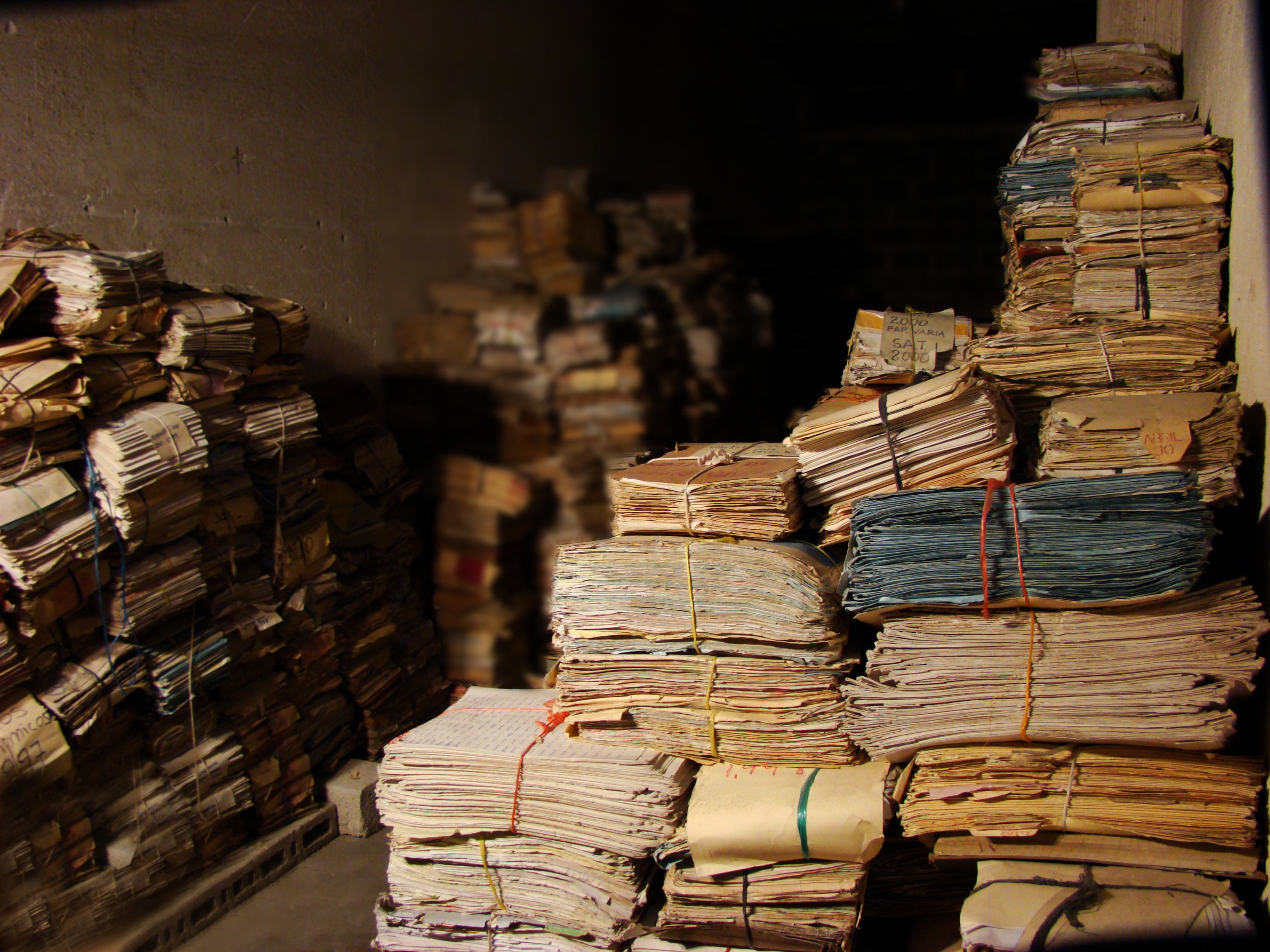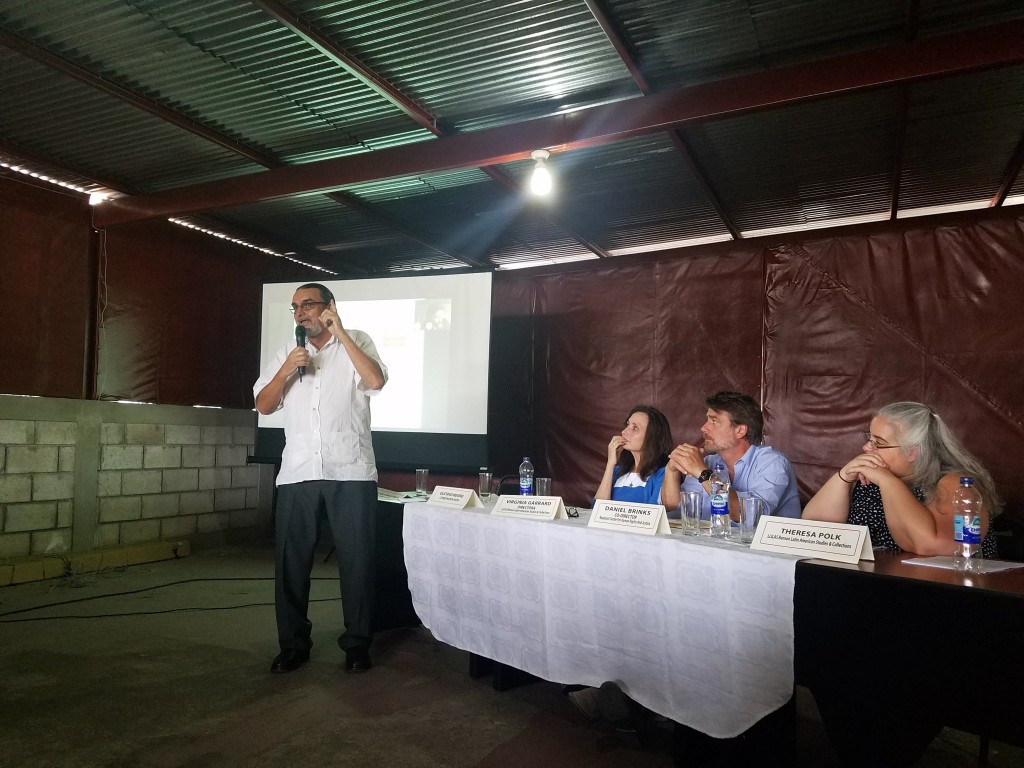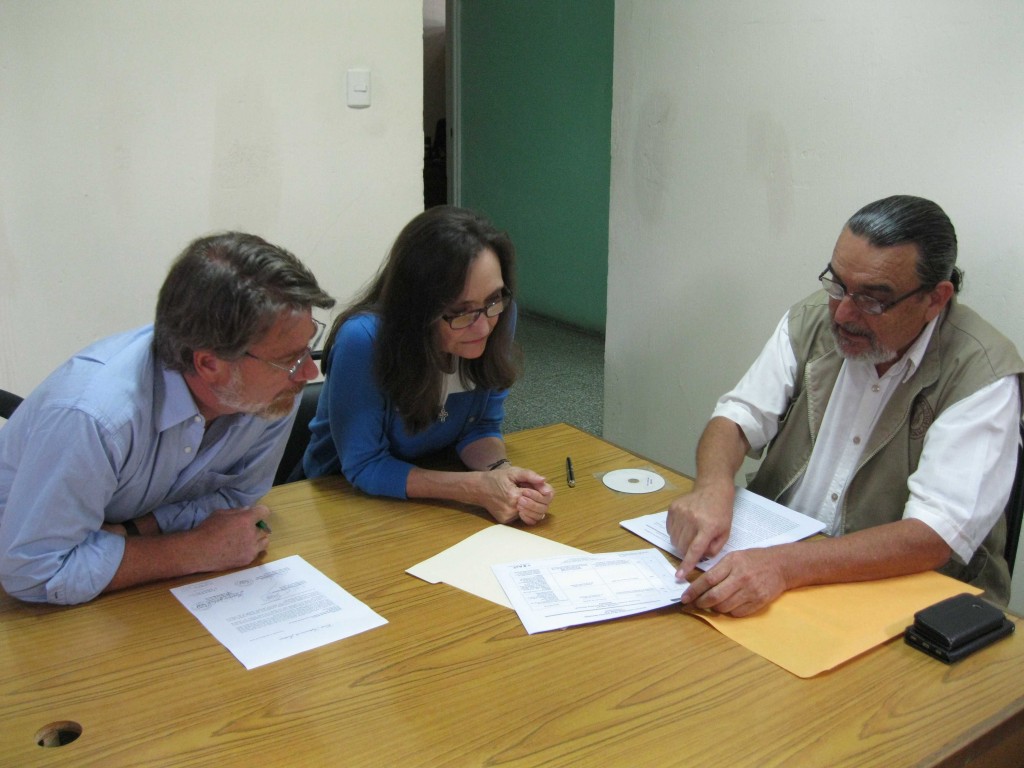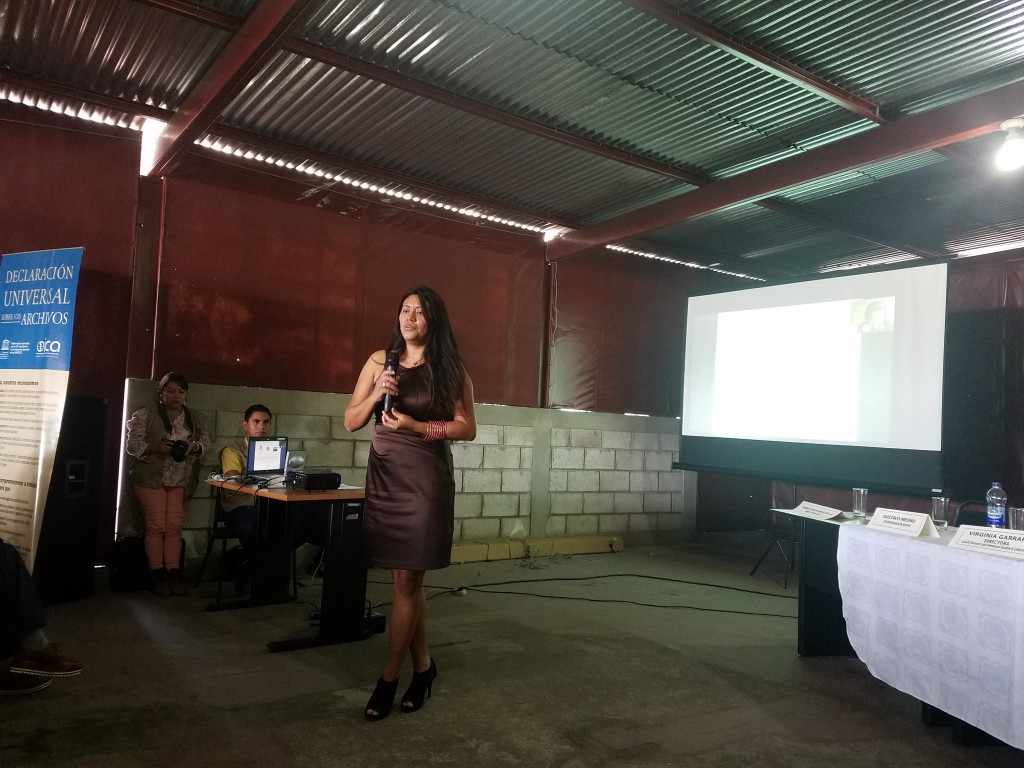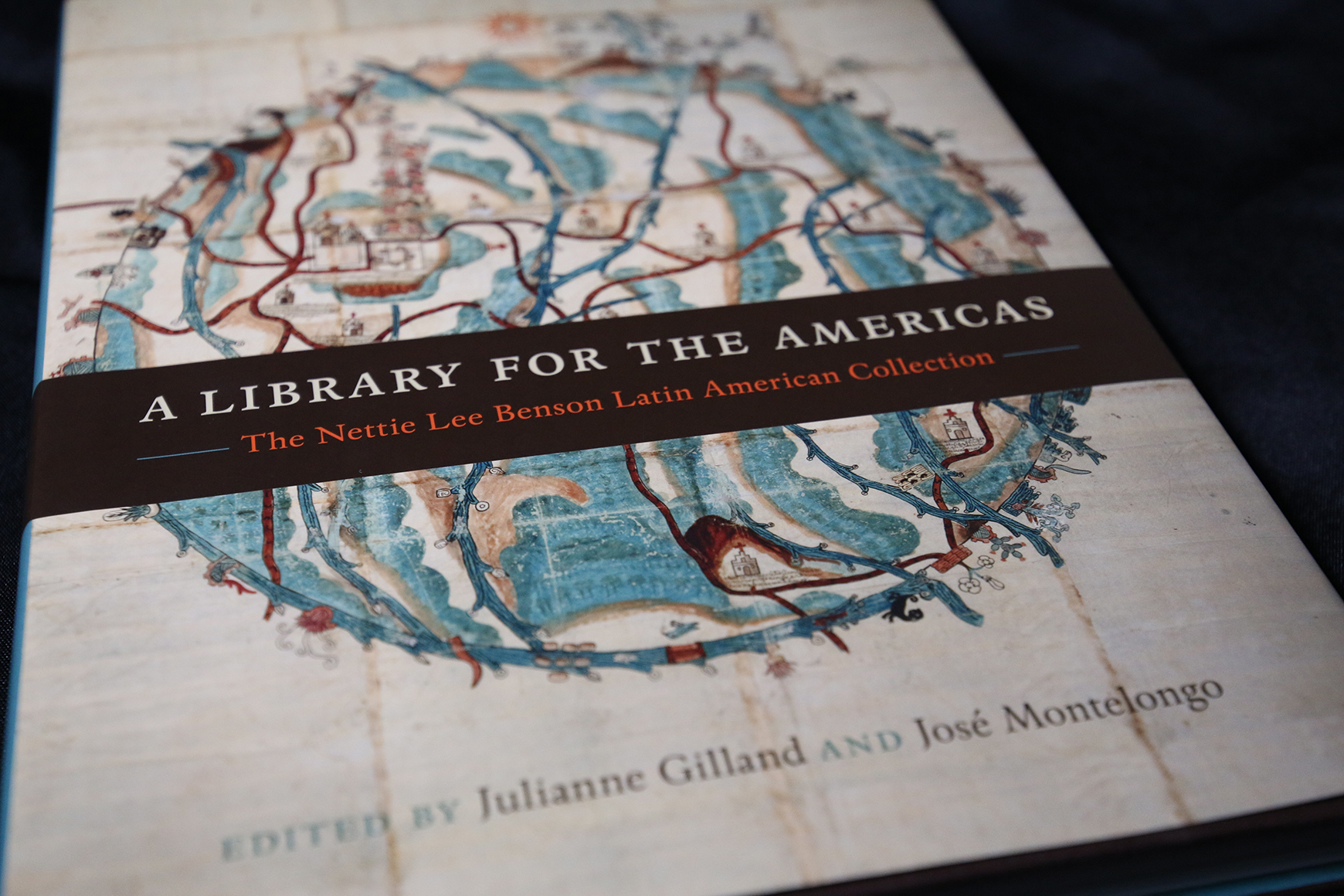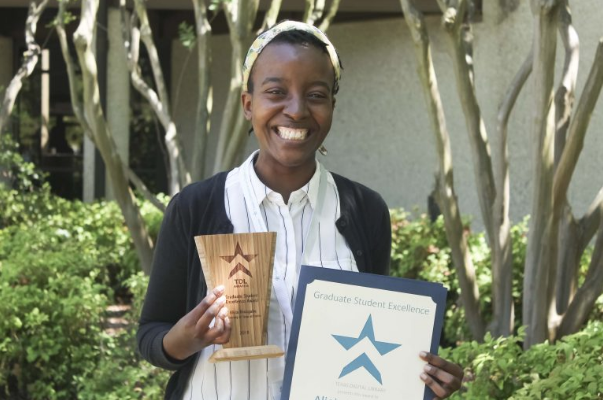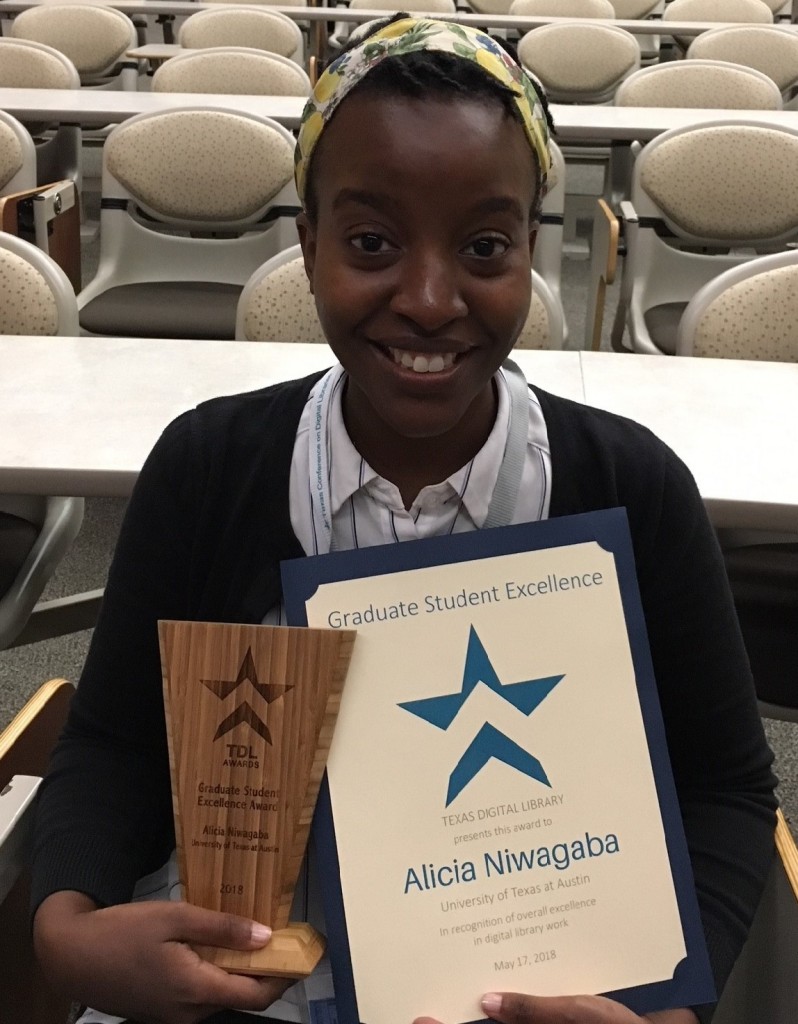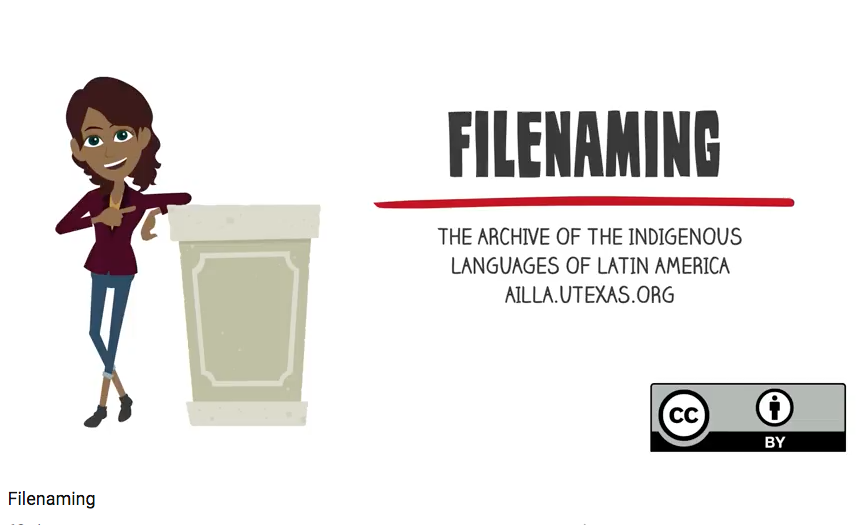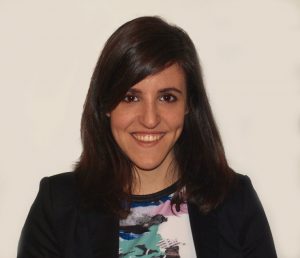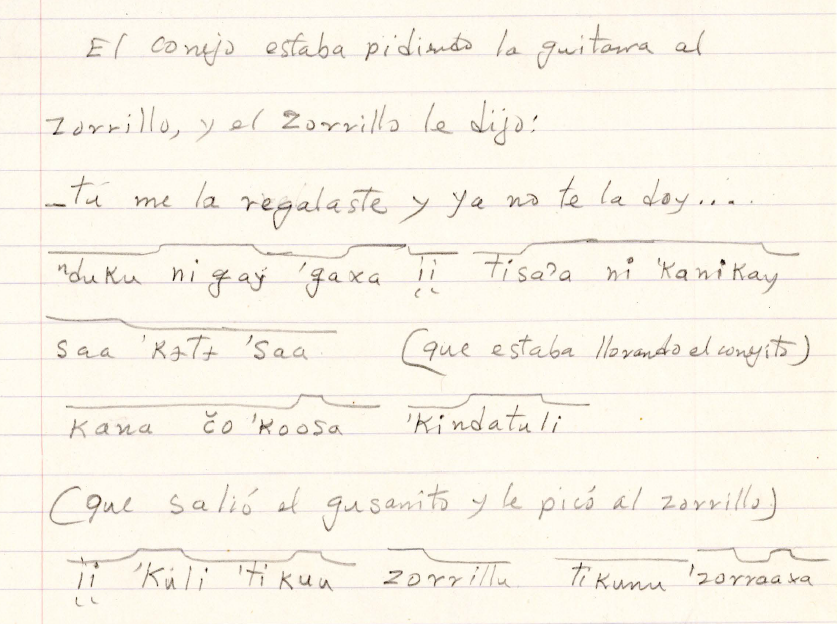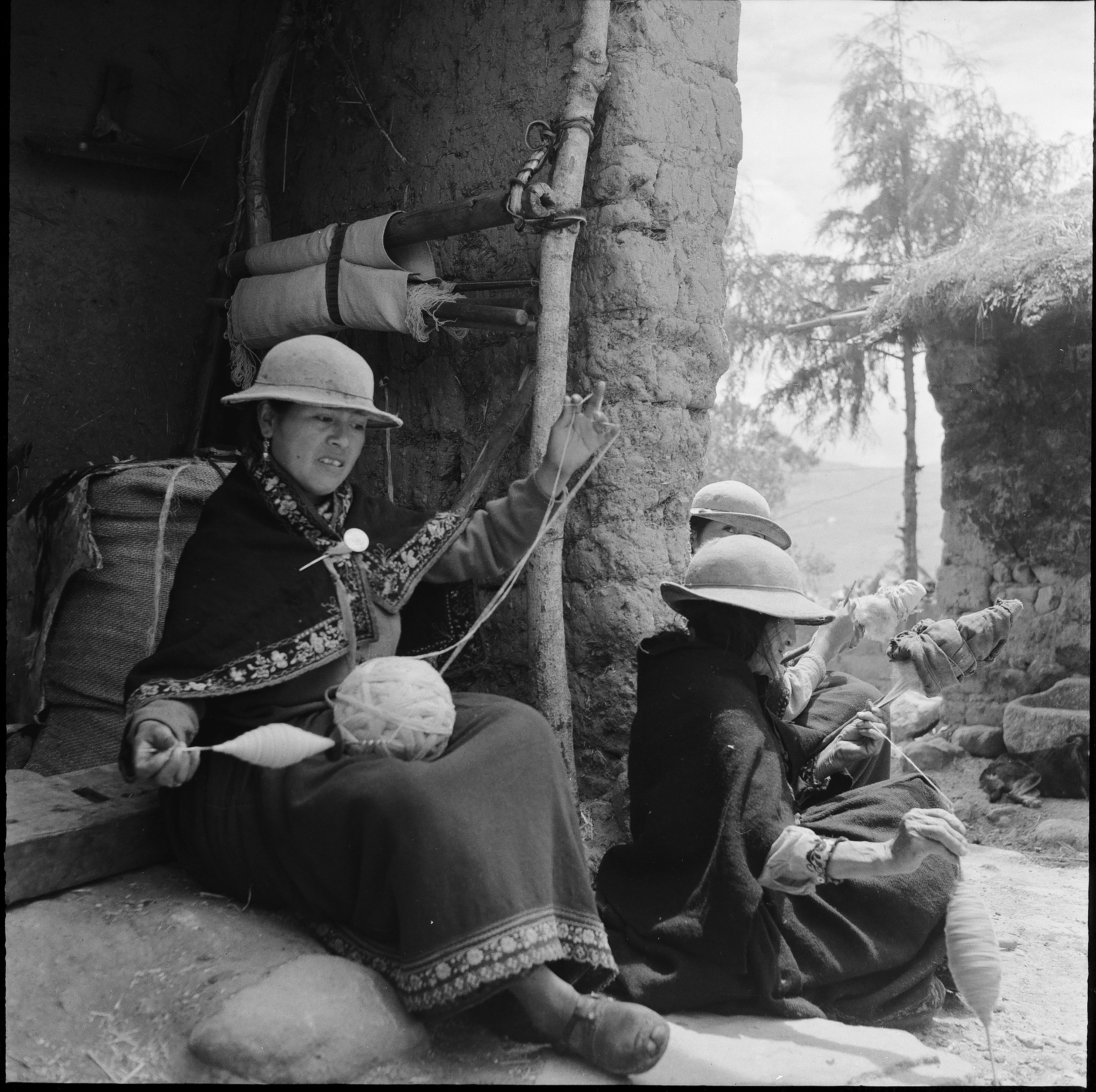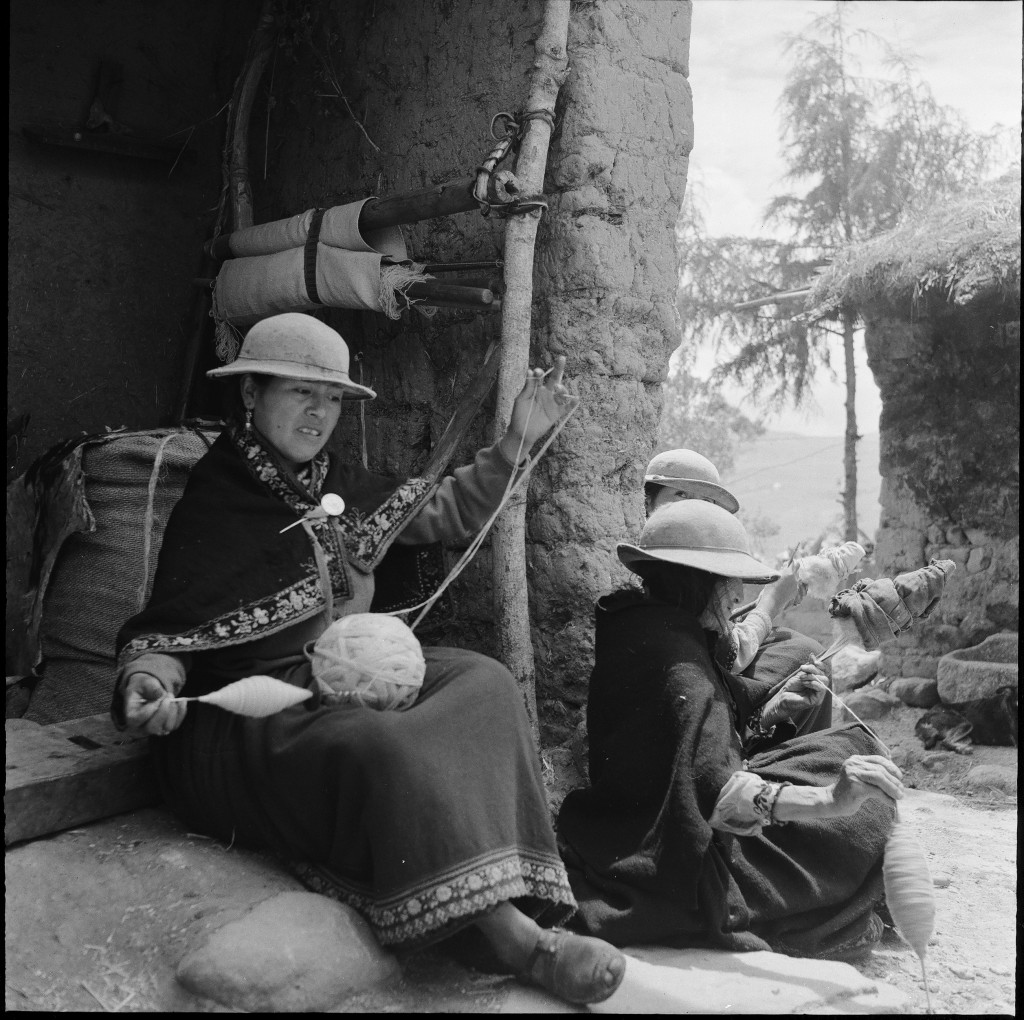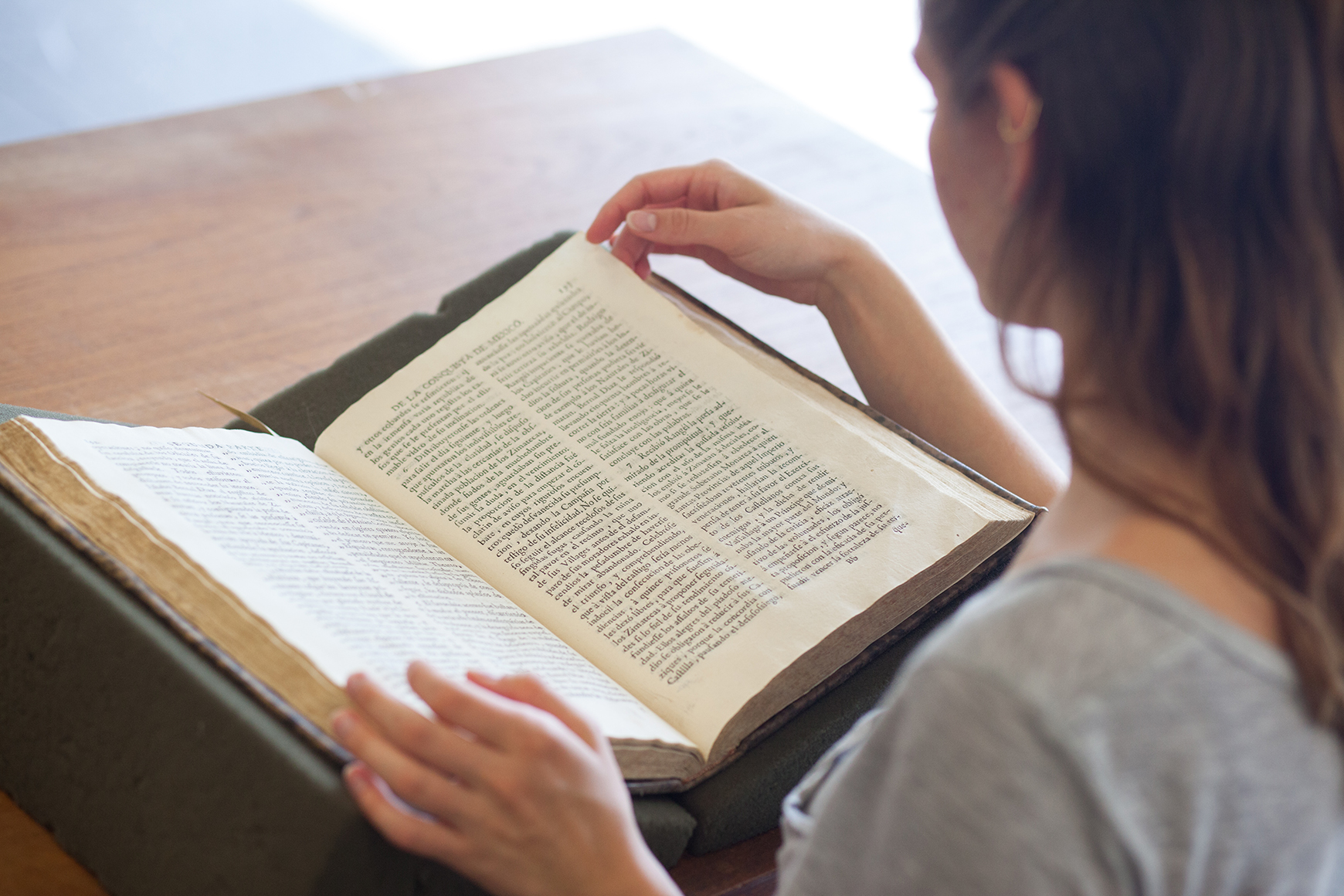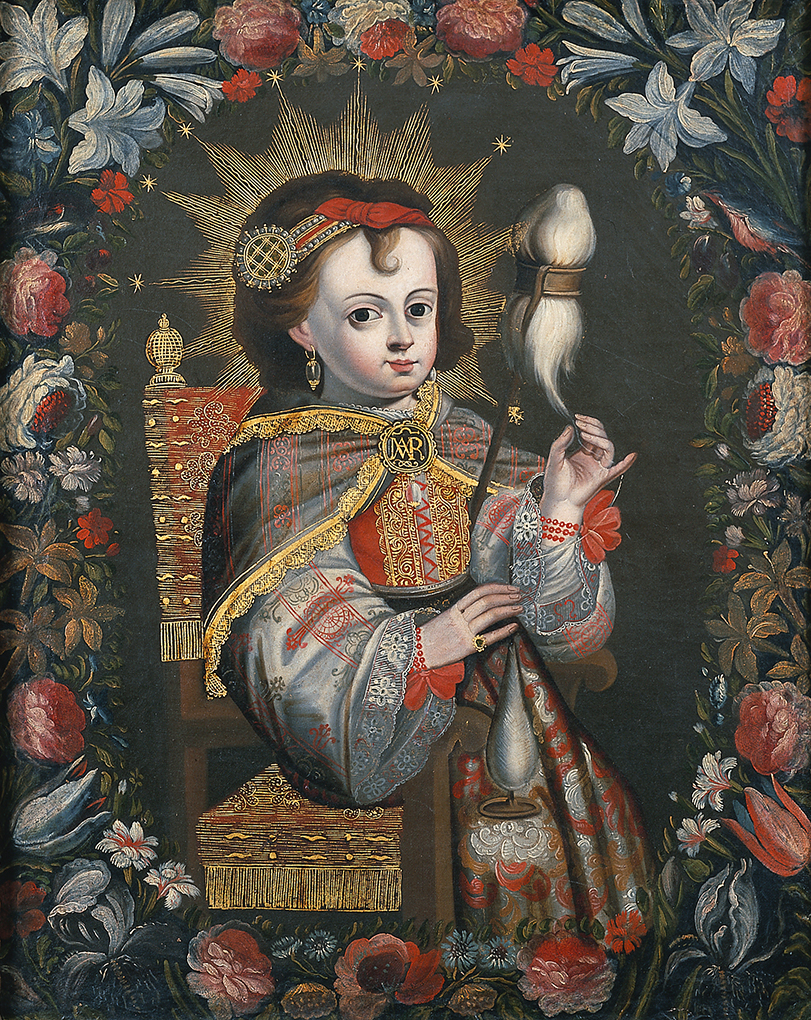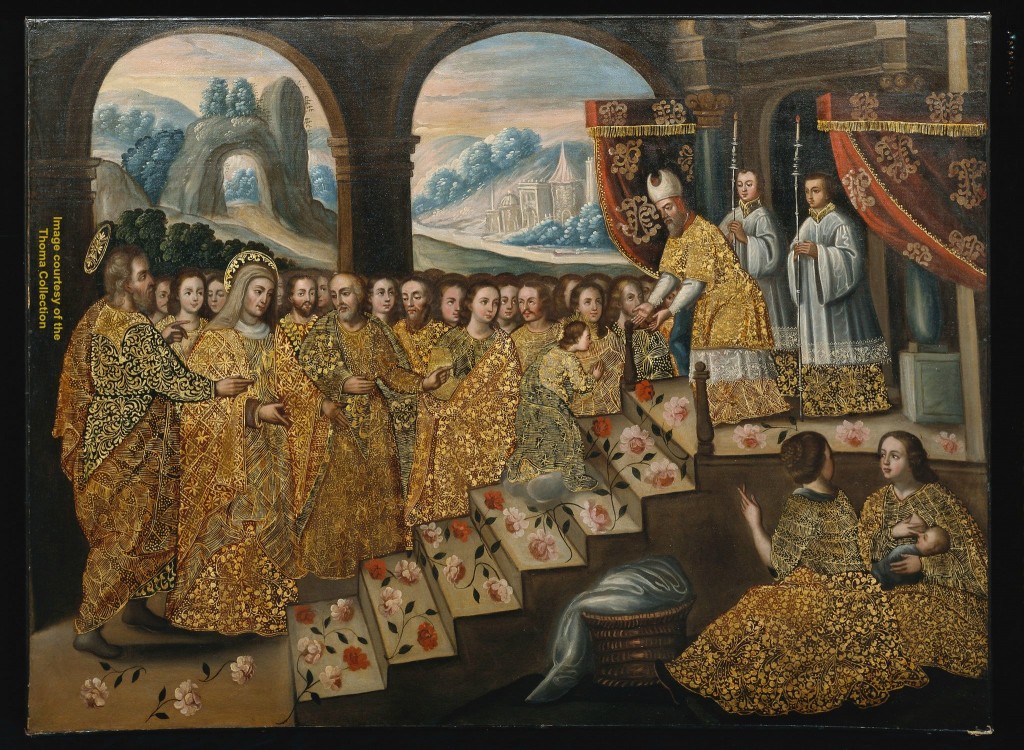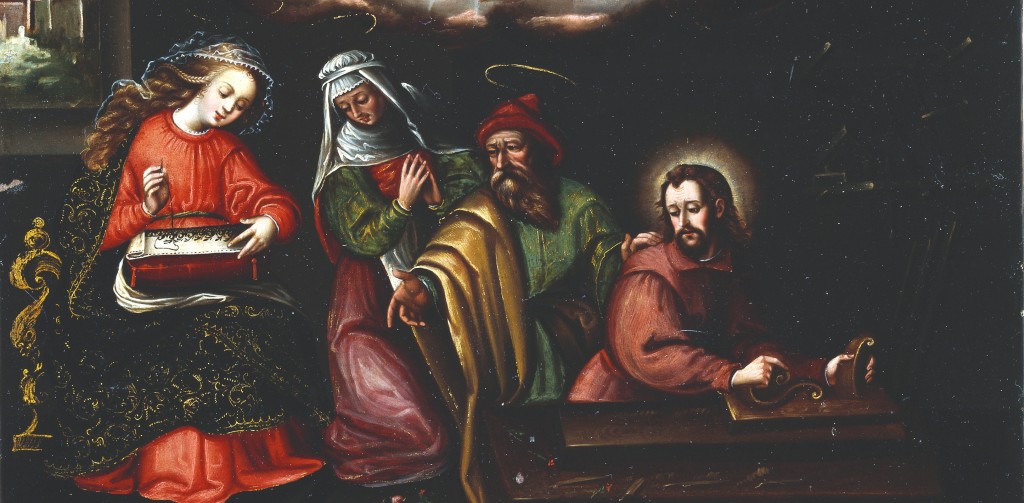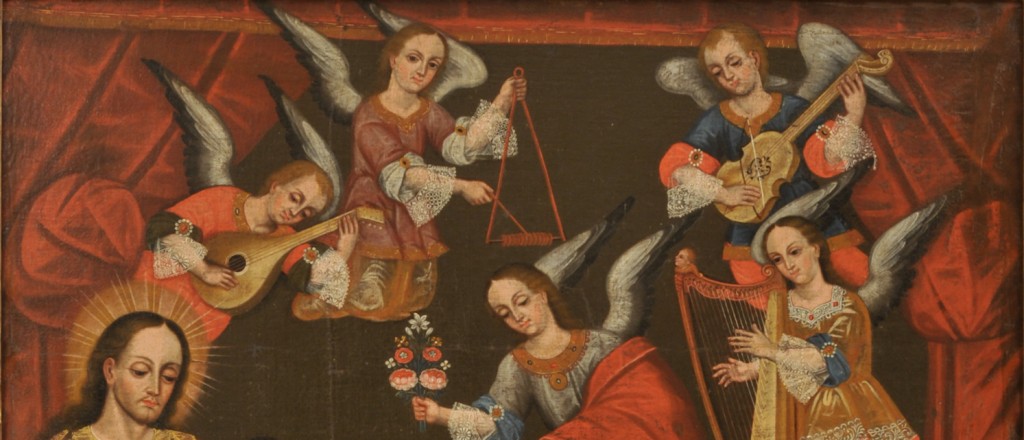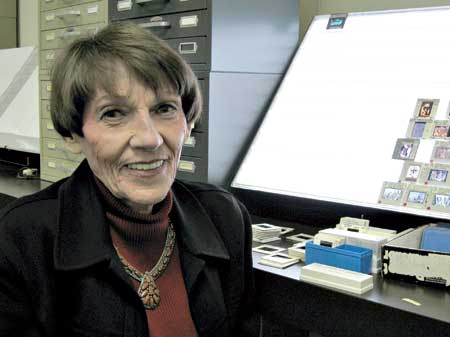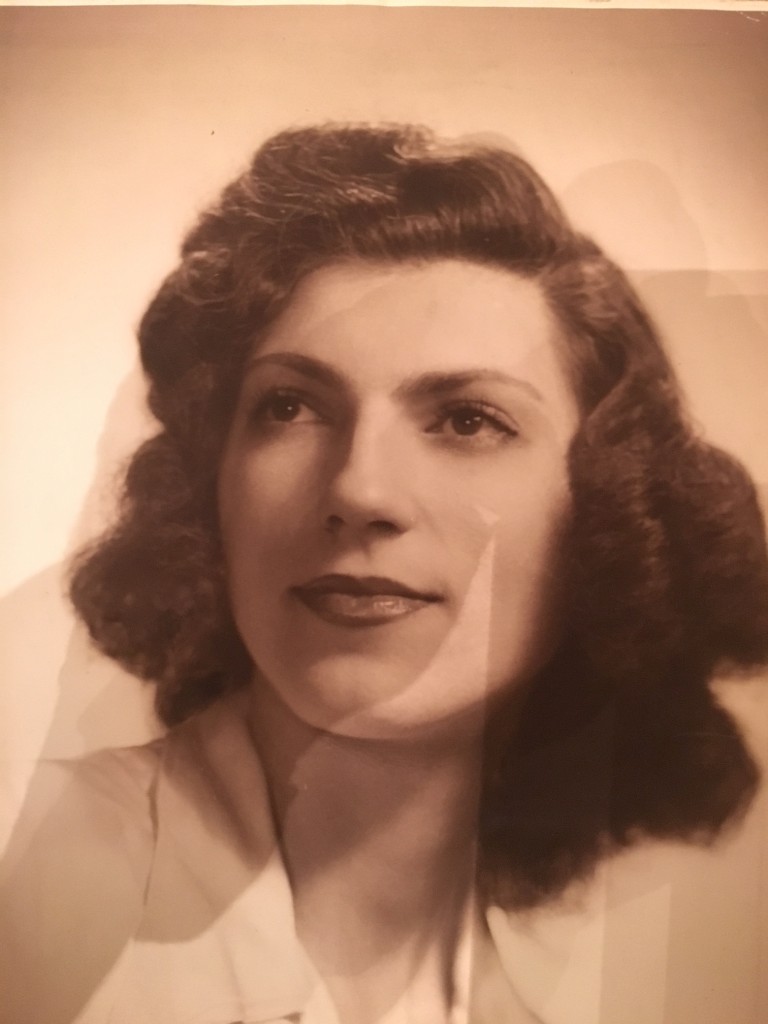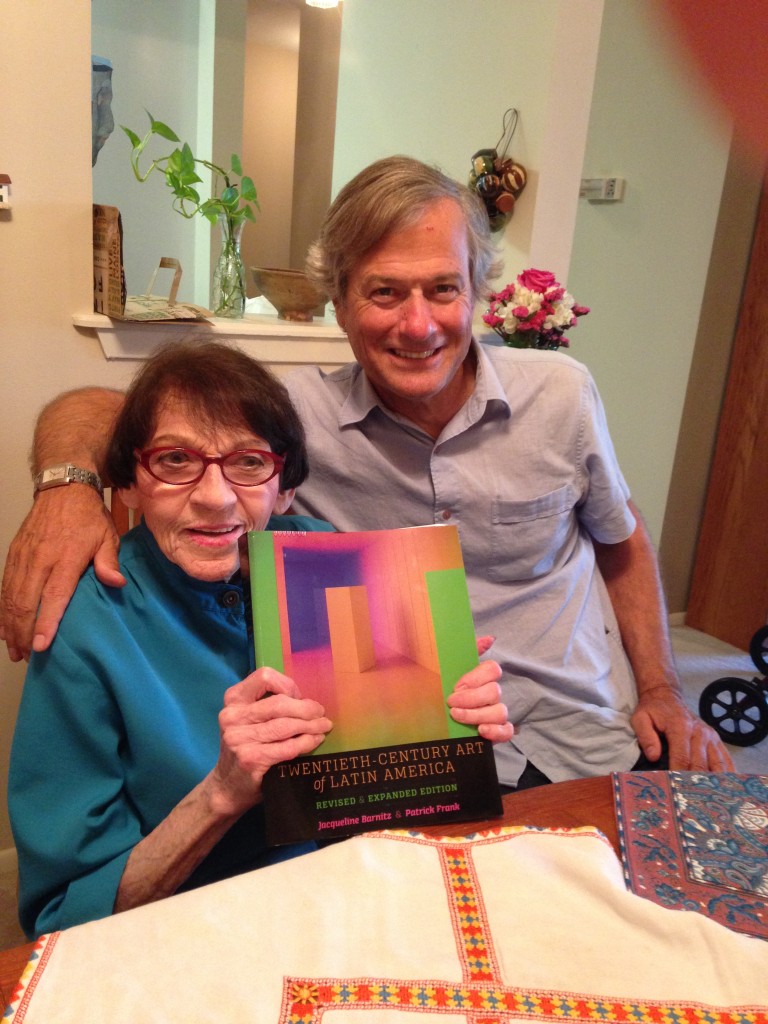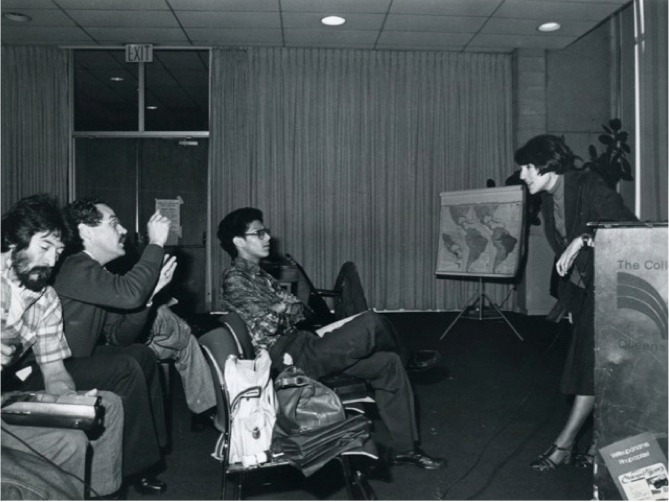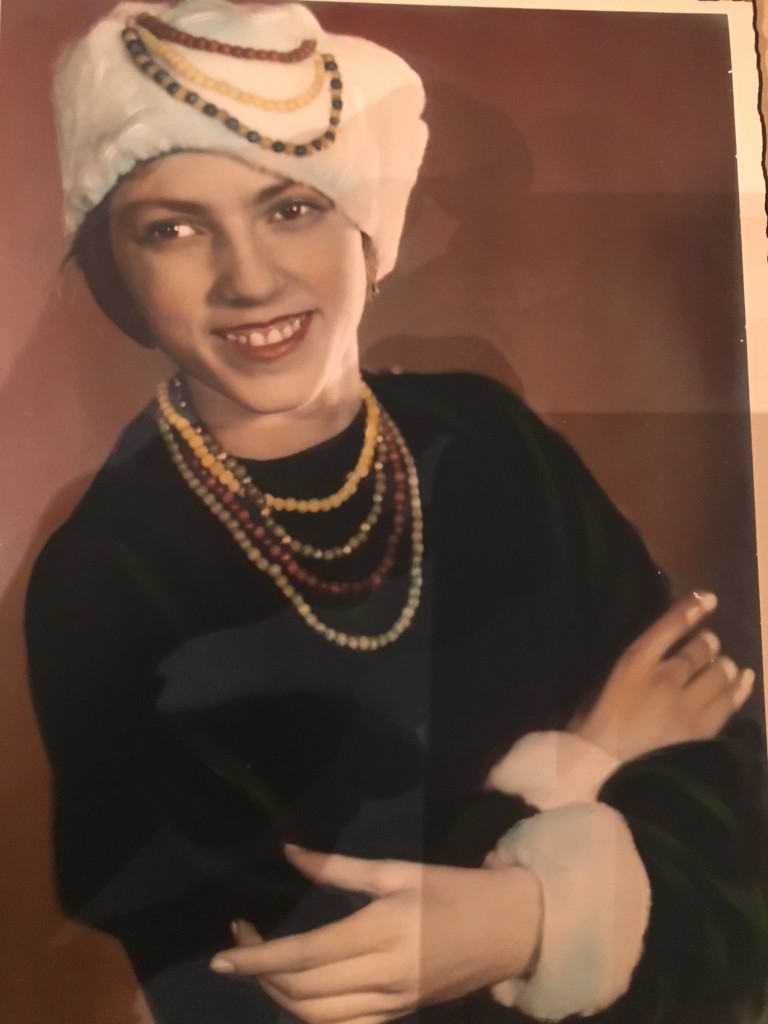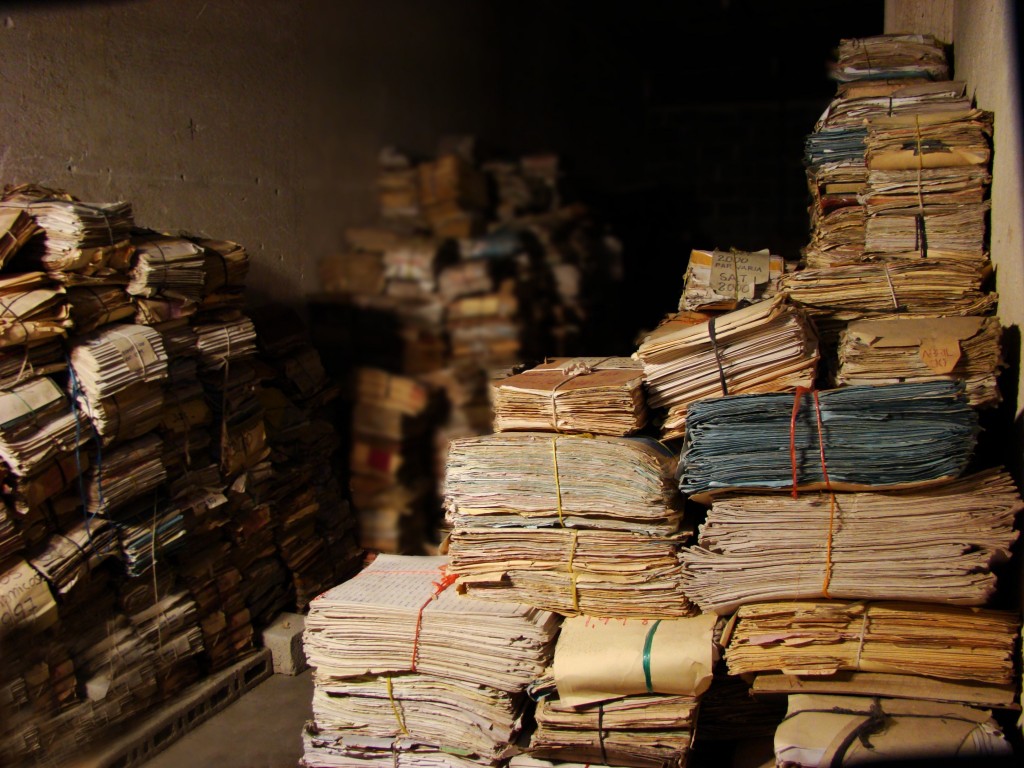
POR HANNAH ALPERT-ABRAMS
Nota editorial: Citamos un reportaje del Archivo de Seguridad Nacional (National Security Archive) de George Washington University: “El renombrado Archivo Histórico de la Policía Nacional de Guatemala (AHPN) se encuentra en crisis después de que su director, Gustavo Meoño Brenner, fue despedido de manera súbita, resultado de una serie de acciones orquestradas por el gobierno guatemalteco y una oficina de las Naciones Unidas. Estas mismas acciones dejaron el personal del archivo, más de 50 personas, bajo contrato provisional, y transfirió la responsabilidad por el archivo al Ministerio de Cultura y Deportes, quitándola del archivo nacional, donde ha residido desde el 2009.”
Esta situación materializó el 3 de agosto, una semana después de un seminario patrocinado por LLILAS Benson Colecciones y Estudios Latinoamericanos y el Centro Rapoport para los Derechos Humanos y la Justicia, que tuvo lugar en AHPN. Bajo el título “Archivos y derechos humanos: experiencia de colaboración entre el AHPN y la Universidad de Texas,” el seminario ofreció la oportunidad de reflexionar sobre los siete años de colaboración entre la Universidad de Texas y el AHPN.
Dado las novedades inquietantes sobre el AHPN, la Dra. Virginia Garrard, directora de LLILAS Benson, dijo, “LLILAS Benson afirma su compromiso a AHPN y su apoyo por la preservación de esta colección histórica, la cual es fundamental para la búsqueda de la justicia, el rescate de la memoria histórica en Guatemala y al resguardo de la historia nacional guatemalteca desde el siglo XIX.”
El personal de LLILAS Benson Colecciones y Latinoamericanos y el Centro Rapoport para los Derechos Humanos y la Justicia viajó a la Ciudad de Guatemala para participar en un seminario sobre la alianza entre la Universidad de Texas y varias instituciones guatemaltecas que trabajan con archivos.
El evento tuvo como título “Archivos y derechos humanos: experiencia de colaboración entre el AHPN y la Universidad de Texas,” y se realizó el 27 de julio en el Archivo Histórico de la Policía Nacional (AHPN), que se ubica en un hospital inacabado en donde, en 2005, se descubrieron más de ochenta millones de archivos pertenecientes a la Policía Nacional, bastantes de ellos encontrados en estado precario. Durante más de diez años, un equipo de archiveros guatemaltecos ha trabajado intensivamente para preservar, organizar y dar acceso a esta colección en riesgo.
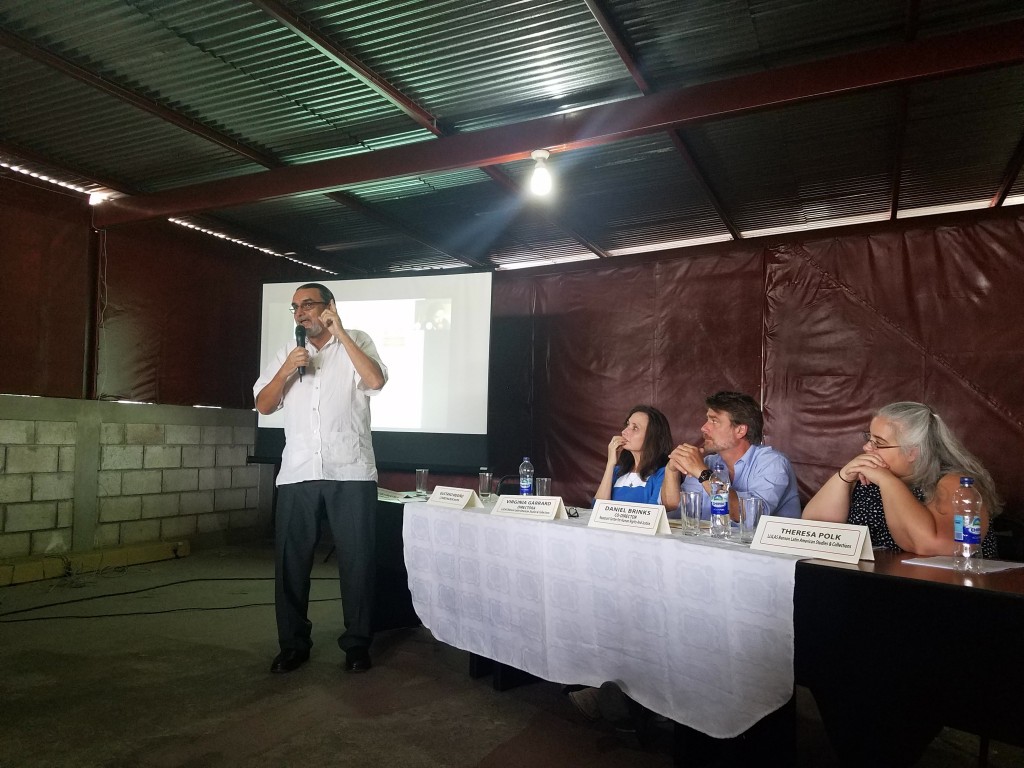
Durante el seminario, los participantes reflejaron sobre la alianza de más de siete años entre el AHPN y la Universidad de Texas. Esta alianza ha permitido la fundación de colaboraciones digitales, académicas y pedagógicas, incluyendo la introducción, en 2011, de un acervo digital alojado por el sistema de bibliotecas de la Universidad de Texas.
Los anfitriones del seminario fueron Gustavo Meoño, director del AHPN, y Anna Carla Ericastilla, directora del Archivo General de Centroamérica. Virginia Garrard, la directora de LLILAS Benson; Dan Brinks, el co-director del Centro Rapoport; y Theresa Polk, la directora del programa de materiales digitales de LLILAS Benson; y fueron quienes expusieron sobre la historia de la alianza internacional y su importancia para la recuperación de la memoria histórica y la búsqueda de democracia y justicia transicional en Centroamérica.
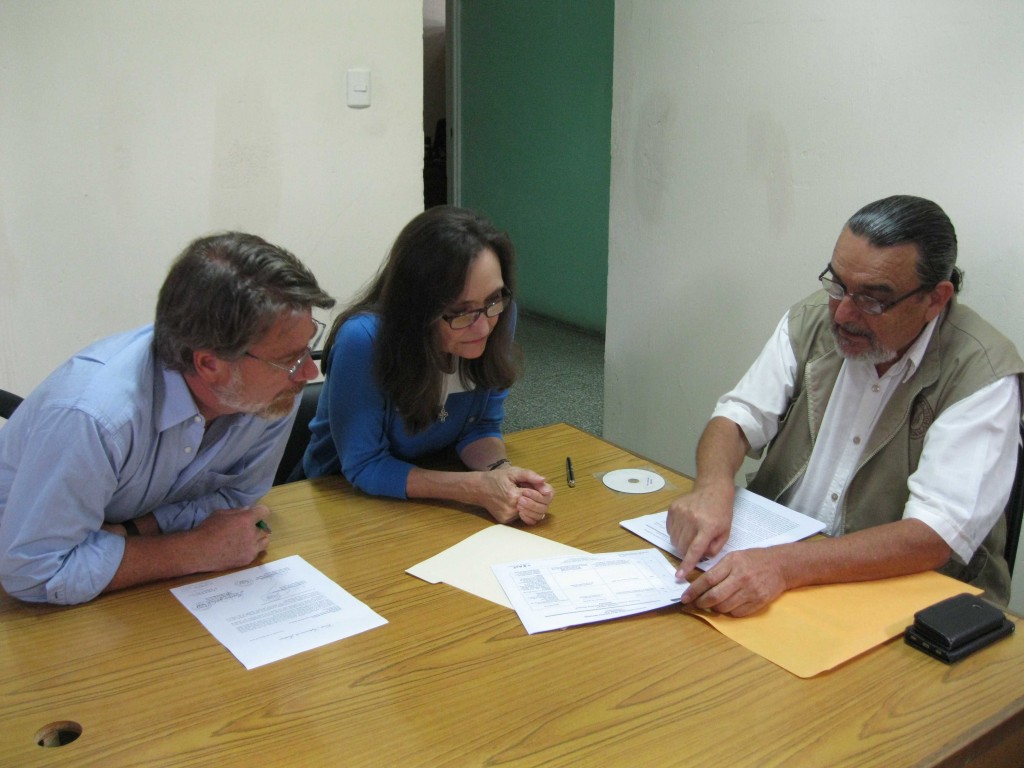
Giovanni Batz, Brenda Xum, María Aguilar, and Hannah Alpert-Abrams—todos ex-alumnos y ex-alumnas de LLILAS Benson—hablaron sobre el impacto del archivo tanto en sus carreras como en su entendimiento de la historia de Guatemala. Especialmente conmovedores fueron los comentarios de ex alumnos guatemaltecos de la Universidad de Texas cuya comprensión de su patrimonio cultural fue moldeada por el estudio del AHPN. Como comentó Brenda Xum, “los archivos cuentan una historia humana.”
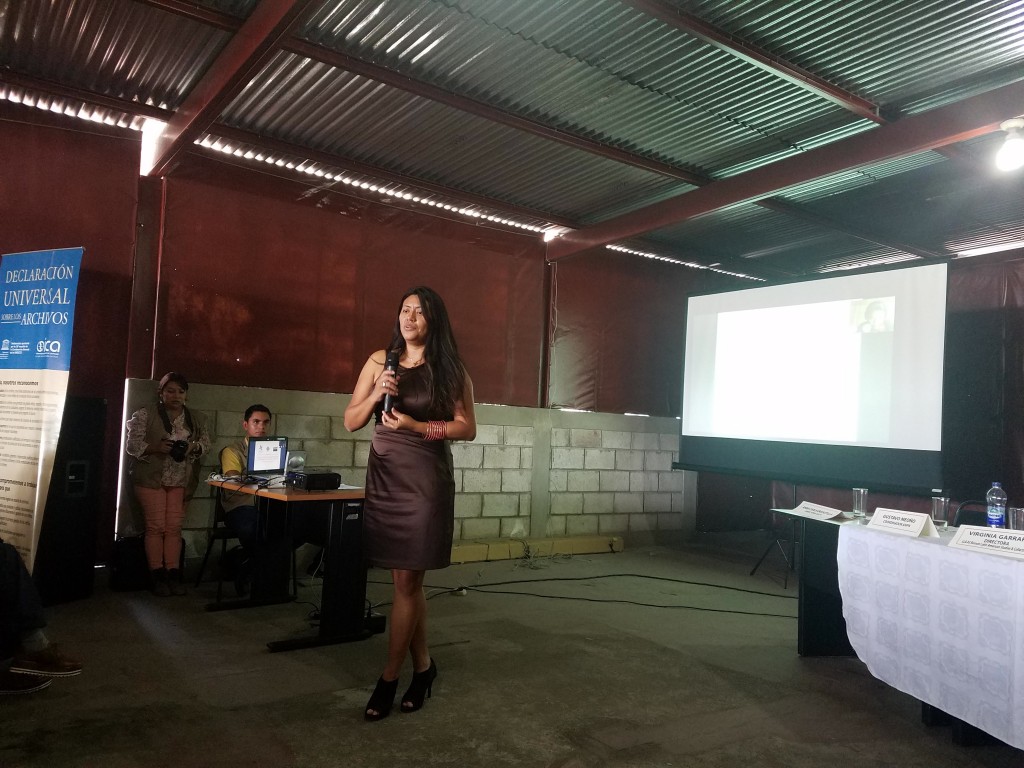
Dos socias del archivo, Enmy Morán y Tamy Guberek, ofrecieron una visión para el futuro de AHPN, incluyendo nuevas técnicas en la preservación de los archivos y nuevos métodos cuantitativos para descubrir las historias contenidas en ellos.
Alrededor de 75 investigadores, archivistas, estudiantes y miembros de la comunidad asistieron al evento, que fue abierto al público. Estos participantes tuvieron la oportunidad de hacer preguntas. Entre ellas, hubo preguntas sobre los desafíos de la preservación digital, la dificultad de acceder la información archivística y las cuestiones éticas implícitas en publicar información delicada en línea.
Durante una tarde bastante cálida, los participantes comentaron sobre la manera en que la conferencia reanimó su interés en las investigaciones archivísticas y la historia guatemalteca. Al final, una participante se paró de pié para felicitar a las personas miembras del panel durante el evento. “Antes, realmente no conocía este archivo,” dijo. “Tampoco sabía sobre su importancia en la historia de mi país.”
______________________
El seminario “Archivos y derechos humanos: experiencia de colaboración entre AHPN y UT Austin” fue patrocinado por el Archivo Histórico de la Policía Nacional (AHPN), LLILAS Benson Colecciones y Estudios Latinoamericanos y el Centro Rapoport para los Derechos Humanos y la Justicia.
Hannah Alpert-Abrams, PhD, es becaria posdoctoral CLIR en LLILAS Benson Colecciones y Estudios Latinoamericanos. Traducido del inglés por Hannah Alpert-Abrams y Susanna Sharpe.

